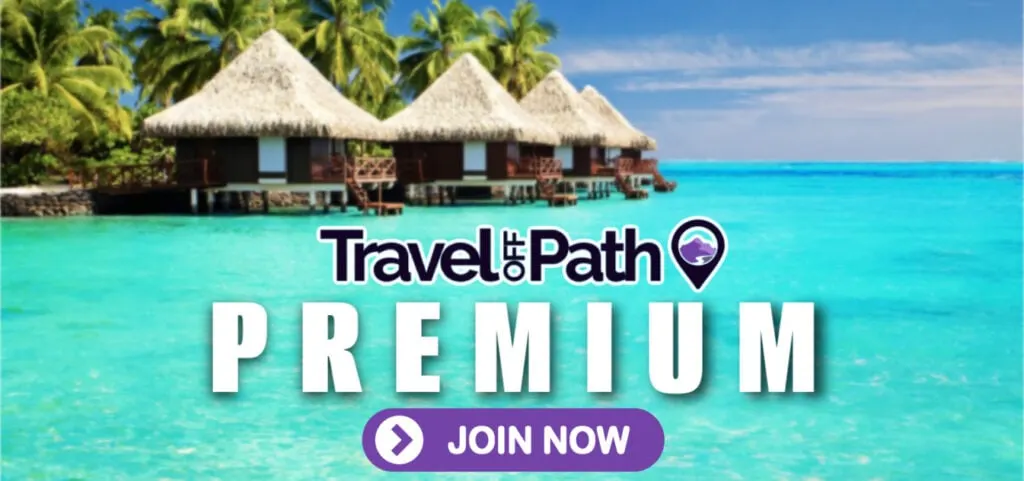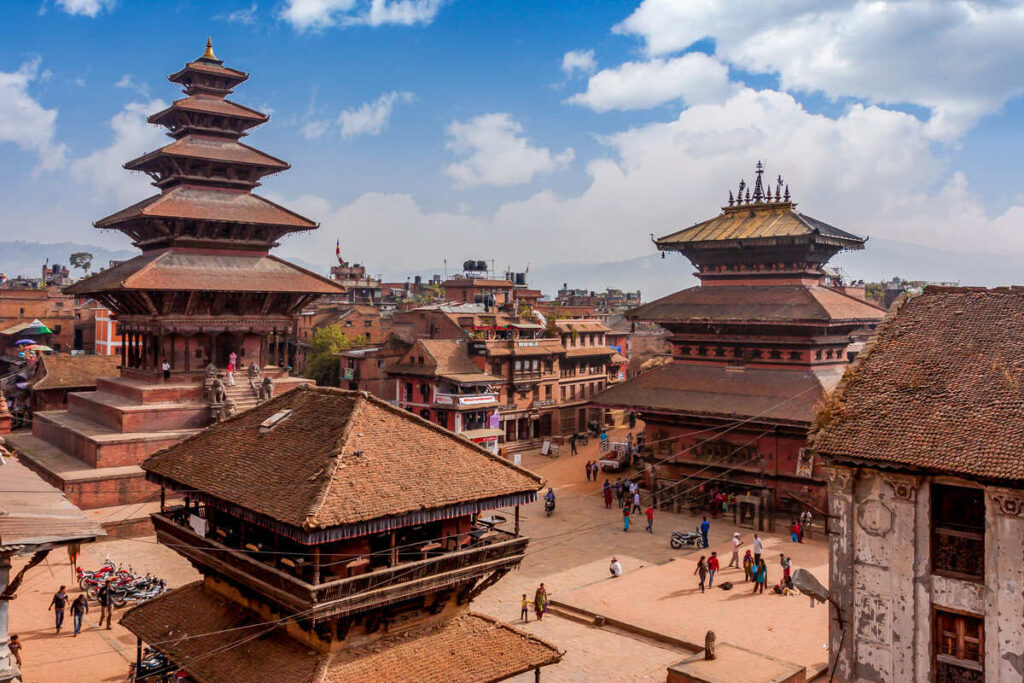Travel Guide
New Digital Nomad Visa Launching In One Of The World’s Cheapest Countries
When you think of Nepal, you probably just know that it’s home to Mount Everest and a paradise for trekkers and hikers, but chances are you’ve never even considered it as a digital nomad destination.
Granted, Nepal still primarily appeals to extreme adventurists, particularly Everestophiles, but something you might not know is it ranks among the cheapest countries in the world for living, as well as one of the most welcoming towards foreigners.
We guess it’s a good thing Nepalese authorities have just announced a five-year-valid Digital Nomad Visa!


Nepal Is Launching A Digital Nomad Visa In 2026
As confirmed by The Kathmandu Post, a large publication in Nepal, the country will launch a DNV in 2026, signalling a significant change in entry-stay regulations.
As of right now, the only way a foreigner can enter Nepal is by applying for an on-arrival visitor visa for 15, 30, or 90 days the moment they arrive. At Tribhuvan International Airport, there are even kiosks where you can get them without speaking to an agent.
The 15-day visa costs $30, while the 30-day one is $50, and finally, the 90-day is $125. In theory, digital nomads can already stay in Nepal in the medium term, or up to 3 months, so long as they hold a valid visa, and their primary reason for visiting is tourism.


However, any foreigner wishing to stay longer than 3 months at a time would be required to apply for some sort of residence permit, which is usually not easy to come by and often restricted to those with a job offer in Nepal or foreign spouses of Nepali citizens.
Starting next year, relocating to the Asian country will be a lot simpler:
Who Will Be Eligible For The Nepali DNV?
Under the new policy, remote workers will become eligible for a five-year, multiple-entry visa, so long as they are able to satisfy the following requirements:


- They work remotely and their income is foreign-based
- They earn at least $1,500 monthly (or hold $20,000 in savings)
- Their health insurance coverage is worth $100,000, and valid for treatment in Nepali hospitals
The list is not exhaustive, as the law is yet to be published, but we suspect it will also include background checks, payment of a visa free, and all the other usual DNV requirements.
The good part is, the most important eligibility factor, the financial threshold, has already been disclosed, and it’s one of the lowest set yet, considering most countries expect nomads to earn over $3,000 on average per month, regardless of how cheap the cost of living is locally.
Well, not in Nepal.


As for the visa details, it has been stated that nomads will be permitted to live in Nepal for a minimum of ‘one year at a time’, leading us to question wonder the five-year period is based on yearly visa renewals.
Nomads are also eligible to open bank accounts with local commercial banks within Nepal, and once the visa runs its full course, the entire account balance can be withdrawn.
Furthermore, they will be able to register vehicles in their name, and use their own foreign driver’s licenses legally in Nepal. Regarding taxes, foreign residents staying in Nepal for over 186 days annually are subject to a 5% income tax—this is no full tax exemption, but it’s a reasonable-enough ask.
Why Choose Nepal?


Nepal may not be everybody’s first pick as a digital nomad destination—at least not everyone knows—but the truth is, most of us have just been sleeping on it.
For starters, it is incredibly affordable, with Nomads.com placing monthly costs of living in Nepal between $903 and $1,004.
Kathmandu, the capital of Nepal, is a strong contender as a digital nomad hub, with its vibrant street markets, ancient heritage, and strategic position as a gateway to the Himalayas. Up-and-coming Pokhara comes in at a close second, with its scenic lakeside setting and relaxed vibe.
Regarding safety, the U.S. has listed Nepal as a Level 2 destination, meaning Americans are not discouraged from visiting or sojourning in the country, but they must exercise ‘increased caution’.


Unlike many destinations in the Southern Hemisphere, however, Nepal’s problems aren’t usually attributed to high levels of violence or petty crime in urban centers: it usually stems from political instability and demonstrations.
As peaceful as they may be intended, sometimes they can escalate and be fiercely reprimanded by Nepali authorities. In this case, you’re advised to keep a safe distance from gathering crowds and avoid engaging with political movements.
Finally, to prepare for the arrival of nomads, the Nepal Tourism Board and the Telecommunications Authority will invest heavily in infrastructure development to better accommodate remote workers, including the roll-out of 5G across all 77 districts.
All in all, Nepal is a promising digital nomad destination. It is not yet overwhelmed by foreigners and has a lot of unexplored potential, and we’re not sure about you, but we’re intrigued.
Ready For Your Trip? Check The Latest Entry Requirements For Your Destination Here
↓ Elevate Your Travel↓
Sign Up Now For Travel Off Path Premium! No ads, VIP Content, Personal Travel Concierge, Huge Savings, Daily Deals, Members Forum & More!


✈️Join Our Travel Off Path Community Forum: Where travelers unite, ask questions, share experiences and even find like-minded travel buddies!
SUBSCRIBE TO OUR LATEST POSTS
Enter your email address to subscribe to Travel Off Path’s latest breaking travel news, straight to your inbox.
This article originally appeared on TravelOffPath.com
Opinions expressed here are the author’s alone, not those of any bank, credit card issuer, hotel, airline, or other entity. This content has not been reviewed, approved or otherwise endorsed by any of the entities included within the post.

